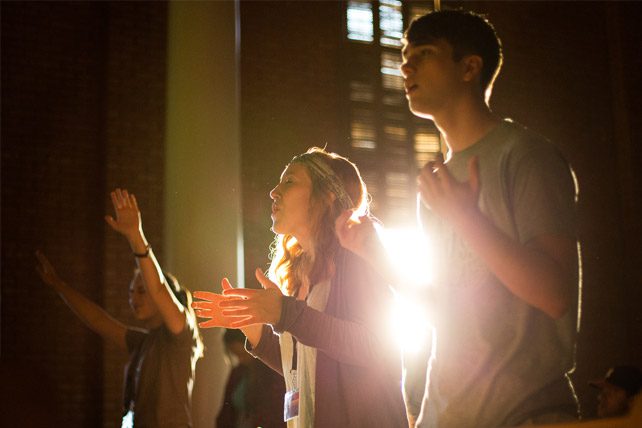Praying in tongues, a gift of the Holy Spirit, has long been a mystical and compelling practice within Christianity. Characterized by speaking in an unknown language, it is believed to enable direct and profound communication with God. Praying in tongues is deeply rooted in spiritual significance and has been part of Christian tradition since the first days of the church.
The practice of praying in tongues is most notably recorded in the New Testament, particularly in the book of Acts, during the event of Pentecost. Here, the apostles were filled with the Holy Spirit and began speaking in various languages, a miracle that allowed them to preach the gospel to people of different tongues. This event is often cited as the biblical precedent for praying in tongues, although interpretations vary. Some see it as prophecy, while others view it as a more personal, prayerful practice. The resurgence of speaking in tongues in the early 20th century, particularly among Pentecostal and charismatic Christians, has solidified its place in modern Christian practice, despite its ancient origins.
What is Praying in Tongues All About?
Today, many believers regard praying in tongues as a means to foster a deeper connection with God, allowing them to express their prayers in a manner that transcends human understanding. Advocates claim it enables direct communication with the divine, encouraging a more profound and personal prayer experience. Additionally, some attribute healing powers to this practice and believe it can lead to personal revelations or guidance from the Holy Spirit. Despite its mystical nature, praying in tongues remains a fundamental aspect of personal devotion for many Christians around the world.
However, praying in tongues has not been without controversy. It has sparked debate among religious leaders and theologians, leading to a divide within the community. Critics question the legitimacy and biblical basis of modern practices, arguing that they could lead to confusion or spiritual deception. This skepticism has fueled discussions about the authenticity of the gift and its role within the church, with some Christians embracing the practice and others distancing themselves from it.

